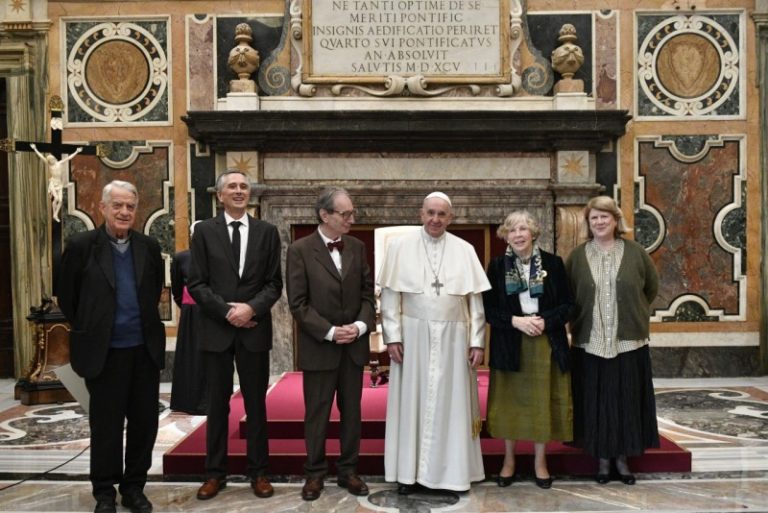The next lecture in the “JP2 Lectures” series of the St. John Paul II Institute of Culture will feature Jean-Luc Marion on Phenomenological Openness of Revelation.
What does the experience of Revelation mean for man? Can the love and faith that accompany it open him to a knowledge of God? And what exactly could this knowledge be? Is mystery a reality to which we have no access or rather a phenomenon that opens us to new ways of understanding?
These are just some of the questions that the eminent Catholic theologian, Ratzinger Prize winner, Prof. Jean-Luc Marion, will take up in his talk during the next lecture of the “JP2 Lectures” series under the title: “The Phenomenological Openness of Revelation”.
The lecture will begin on November 18 at 16:30 (CET) in the Aula Minor at the Angelicum University and will be streamed live.
-
To attend the lecture in person, please register at the following link: https://www.eventbrite.it/e/jp2-lecture-jean-luc-marion-the-phenomenological-openness-of-revelation-tickets-200923637007?fbclid=IwAR13VfomK0jaslYCcbFIT7VbqlZbgBWI5zN10OiVKvKn44zpZWQ6QVmX1gs
-
The lecture will be streamed live at: https://youtu.be/ozjXUlluQFM
-
You also can view on Facebook: https://www.facebook.com/events/203856938433097
***
Prof. Jean-Luc Marion was born on July 3, 1946, in Meudon, France. He is a historian of philosophy, phenomenologist, and Roman Catholic theologian. He has held chairs at both the Sorbonne and the University of Chicago. He was awarded the Grand Prix du Philosophie de l’Académie Française in 1992, the Karl Jaspers Prize in 2008, and the Ratzinger Prize in 2020. Jean-Luc Marion is a former student of Jacques Derrida, and bases his philosophical thought on patristic and mystical theology, phenomenology, and contemporary philosophy. In November 2008, he was appointed a Member of the French Academy, where he took the seat number 4, previously held by the late Cardinal Jean-Marie Lustiger. Among his many books are Idol and Distance (1977), God without Being (1991), and Being Given. Essays in the Phenomenology of Donation (1997).










